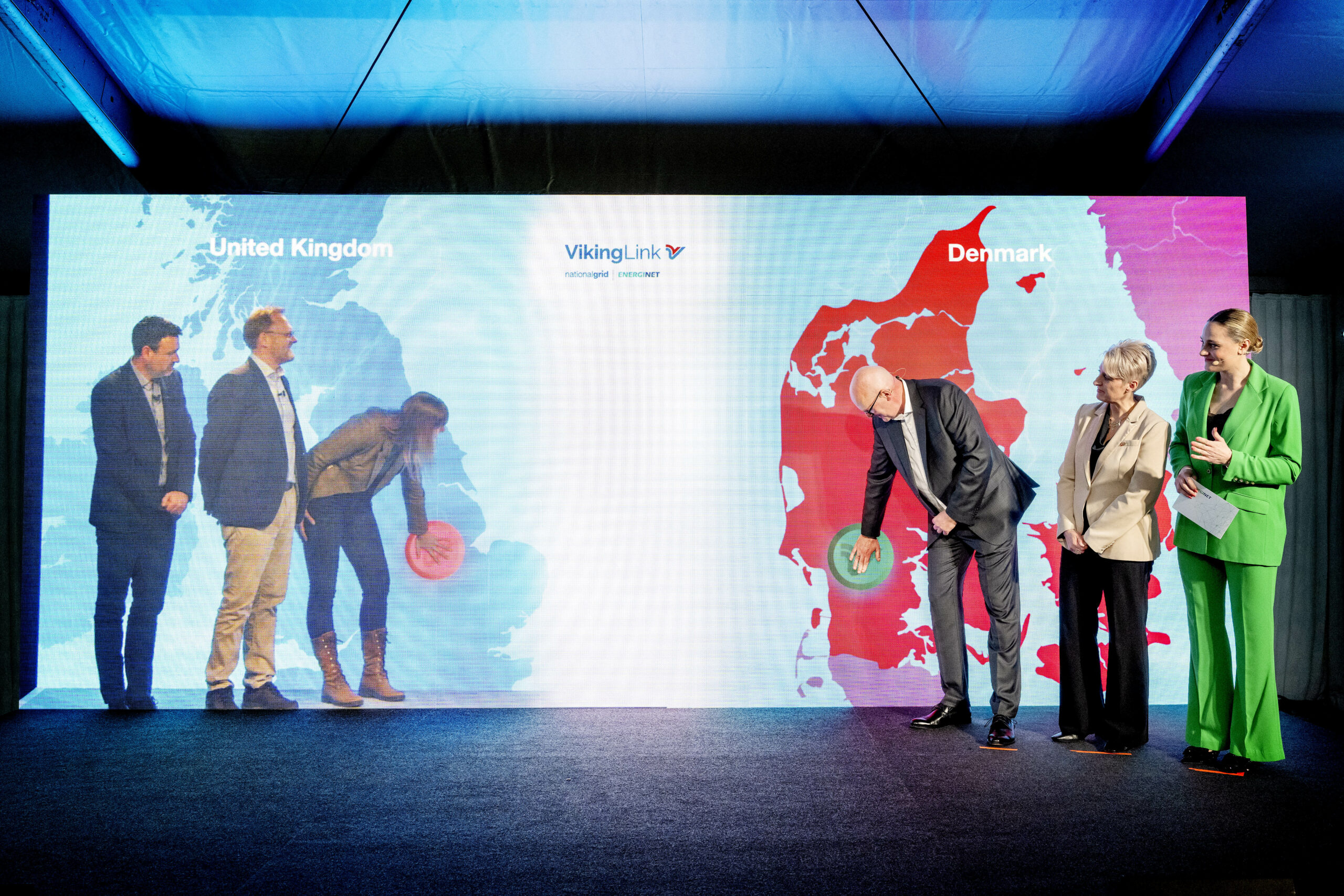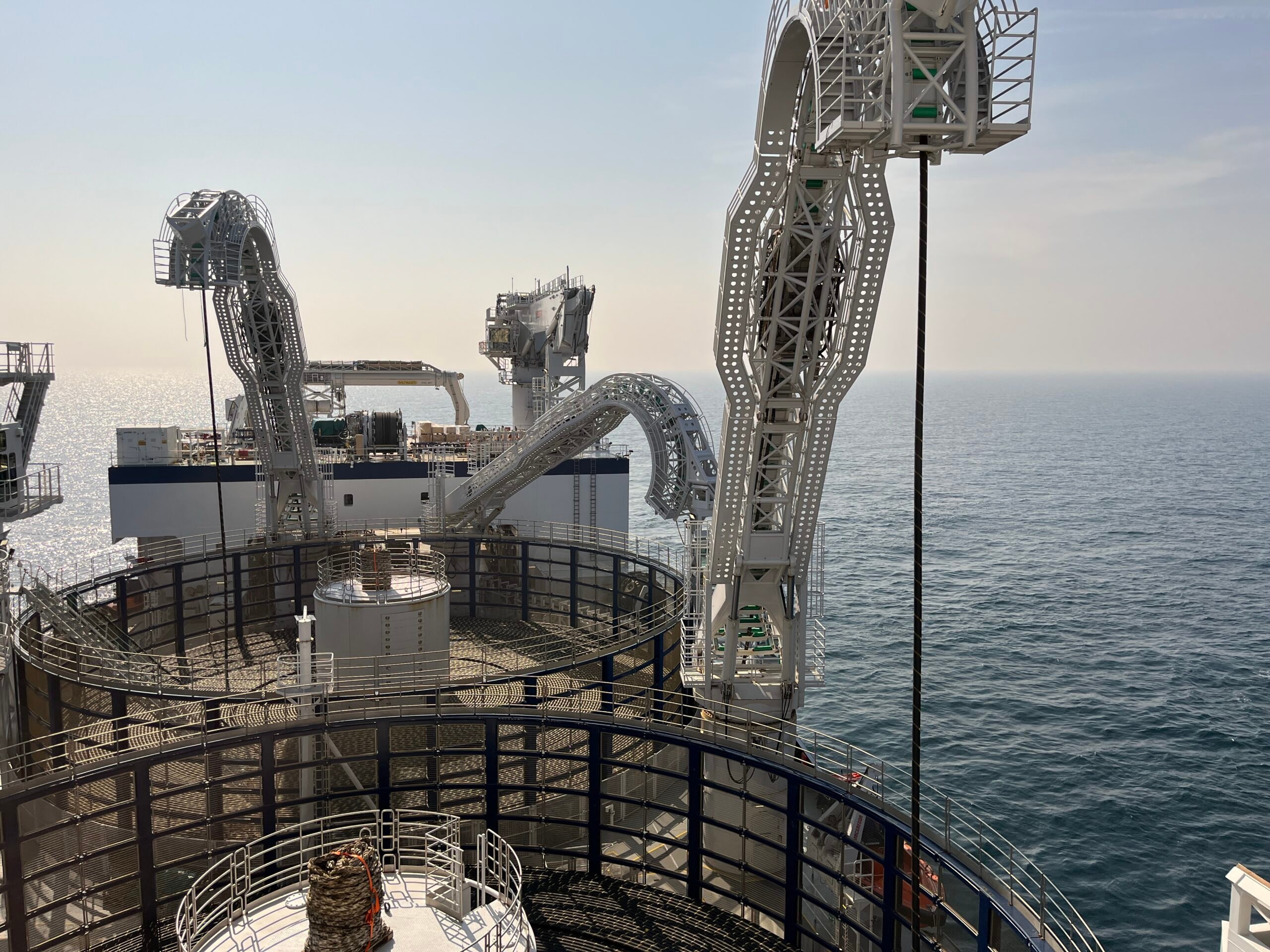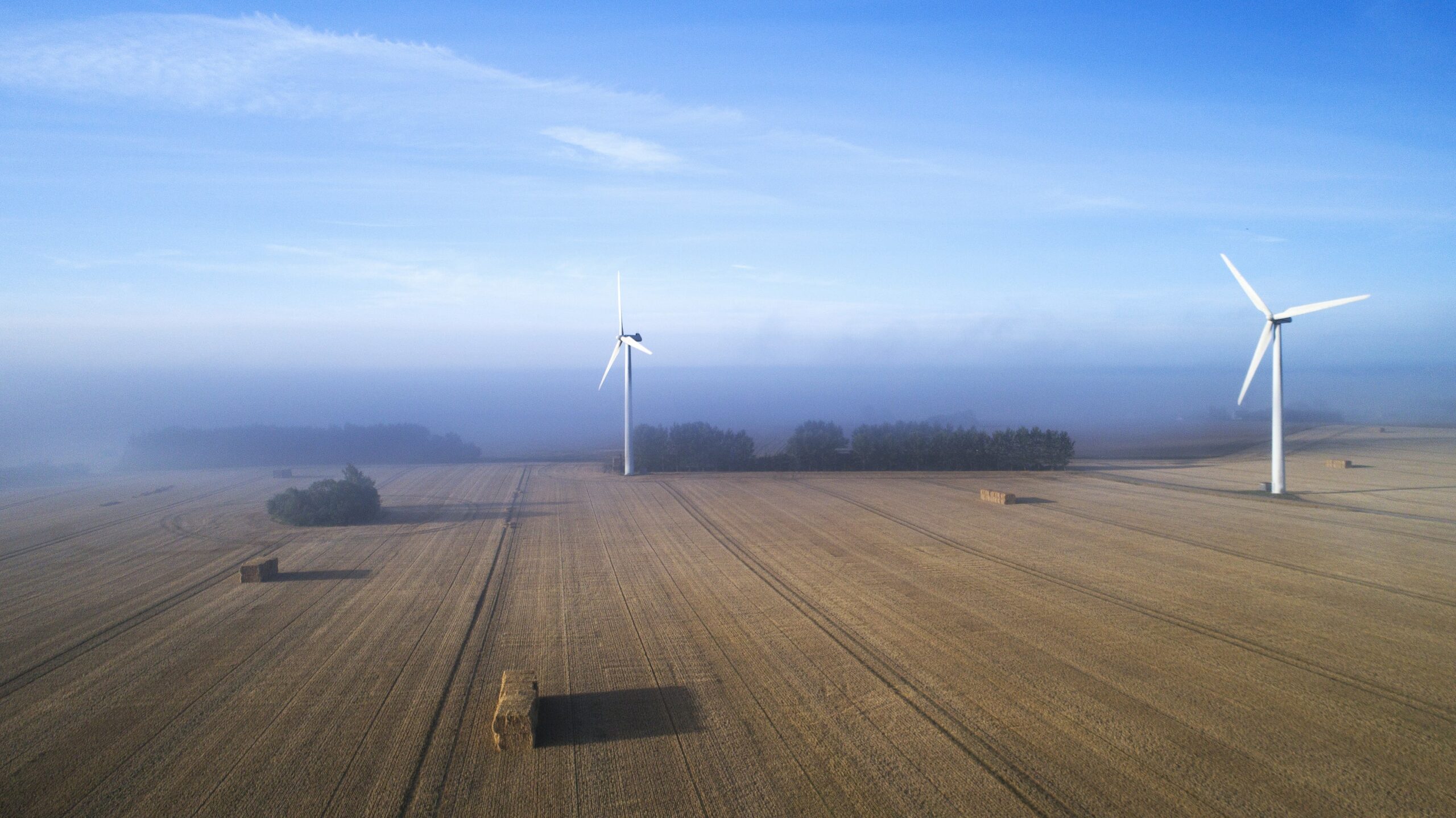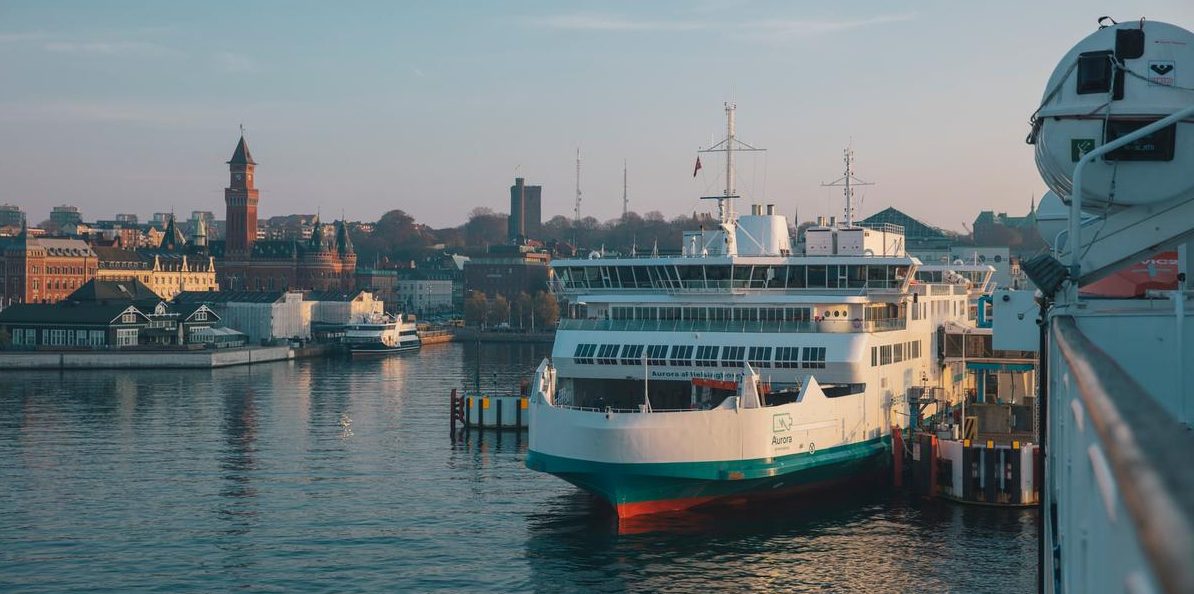News
District heating
Energy storage
Heat pumps
+2
Making the Faroe Islands the World’s Greenest Group of Islands

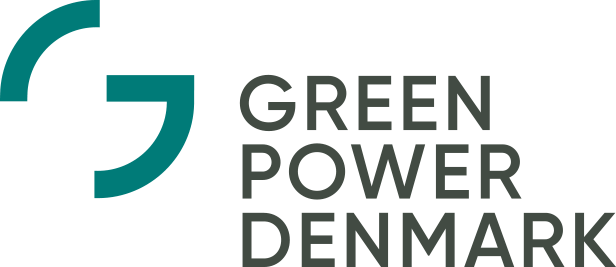
Faroese and Danish working group has calculated the ways to achieve these goals. The group has also made suggestions as to how the islands can avoid imports of fossil fuels for energy consumption as early as 2030 by focusing on wind power, wind turbines, solar power stations, tide plants, batteries, and pump systems.
- Related news: The President of Iceland Visits House of Green
- In my opinion, there has been many interesting takes on how to develop the Faroese energy system. The targets are not unrealistic but they require solutions from close collaborations, says Kári Mortensen, the Head of Department at the environmental protection agency Umhvørvisstovan. The agency has completed the calculations in collaboration with SEV and Danish Energy Association
According to Director of research and technology Jørgen S. Christensen from Danish Energy Association, there are no technical obstacles in the way of the Faroe Islands becoming independent of fossil fuel by 2030 – and, by extension, becoming the world’s greenest group of islands.
- However, our scenarios underscore that the transition requires significant investments. It is therefore important that the Faroe Islands formulate an optimal economic strategy, says Jørgen S. Christensen.
- Related news: The Danish Island Langeland Has Cracked the Green Code
Heat pumps and electric cars
The Faroe Islands have an electricity consumption of approximately 315,000 MWh per year and, according to one of the minimum-scenarios, this figure will reach 410,000 MWh in 2025 if part of heat consumption and cars run on electricity. The scenario is based on the government platform from 2015 according to which half of heat consumption has to be electrified by utilising heat pumps and approximately 3,400 electric cars by the end of 2025.
In the maximum-scenarios, electricity consumption may reach 575,000 MWh in 2030 as the Faroese community phases out diesel power stations and petrol- and diesel-driven vehicles. The maximum-scenarios stem from optimistic predictions with 100 percent electrification of heat and a complex electric car park of approximately 25,500 electric cars in 2030.
- Related news: Merging Electricity, Heat, and Transport into a Single Energy System
The increased electricity consumption can be covered by a mix of different renewable energy sources. A possible combination could be to stake on expanding the wind turbine capacity from 18.6 MW to 72 MW in 2030 and supplement with two production methods that are new to the Faroe Islands: gradual expansion of solar parks with a total capacity of 30 MW and a tide plant with a capacity of up to 60 MW.
Balancing the grid
With more wind turbines, waterpower and solar cells, a significant share of the electricity production will depend on whether conditions, seasons, and the specific hours during day and night. In a grid, you have to balance production and consumption on a second-to-second, hour-to-hour and day-to-day basis. In order to level the variations out, a flexible electricity consumption and storage of energy are a necessity.
The calculations of the model demonstrates a need for the energy storage of 20-60 GWh depending on the composition between the different production methods. This can be done with a battery effect of 50-60 MW - quite extensive figure. In return, however, the batteries secure that the electricity wasted from wind and solar power remains relatively minor. Pump systems can be an alternative way to store energy.
- Related news: Bornholm Combines Biomass, Wind and Solar
- Our job of analysing continues with the participation of SEV, public authorities, and Danish Energy Association. Together we will explore the economic aspects of the different concrete solutions and technologies, says Director Hákun Djurhuus from SEV.
He also emphasises the importance for SEV to keep focusing on the stability of the grid, so that the citizens of the Faroe Islands can be sure to expect an excellent security of supply.
